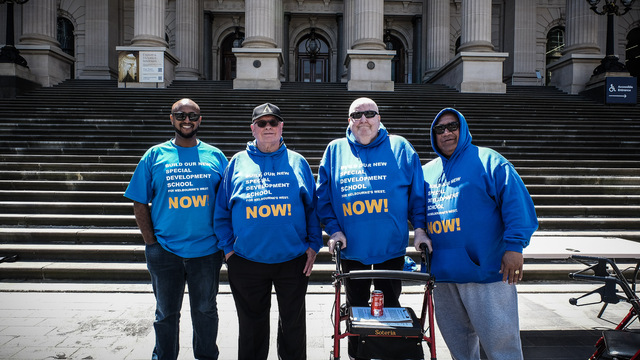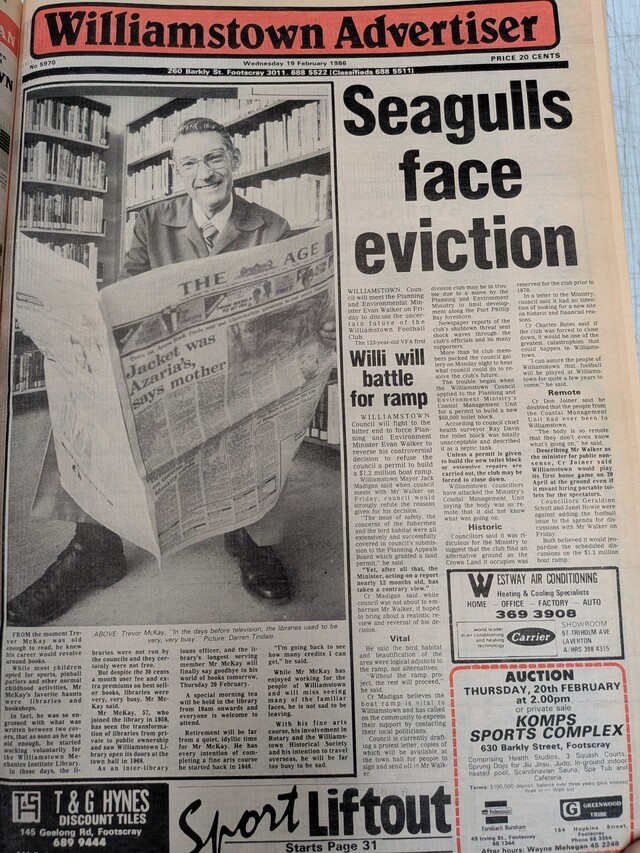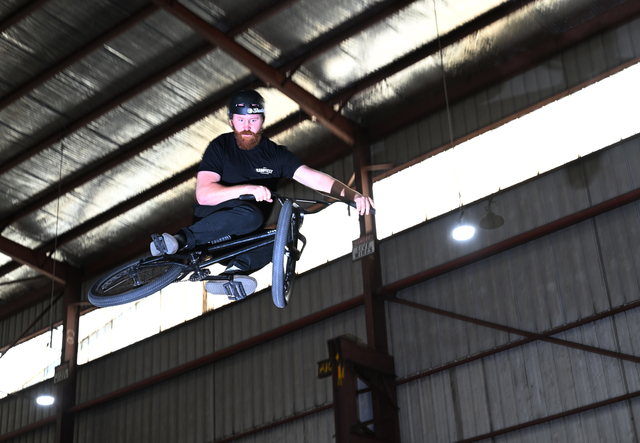A prisoner last week lost his bid to appeal a nine-year sentence for kidnapping an Altona woman at gunpoint.
The Supreme Court also refused John Booth’s application to appeal his conviction.
Booth was last year convicted in the County Court on charges of criminal damage, aggravated burglary, assault and kidnapping, and sentenced to nine years and three months with a minimum of seven years.
On April 26, 2011, Booth had gone to Volt nightclub at Werribee Plaza, where his friend and another man got into an argument over the latter’s girlfriend. The dispute escalated into a fight between two groups outside the club.
Booth and his friends drove from Volt to the Altona home of the other man’s girlfriend and broke every window of her unit. He then returned with two other men early the next morning.
The woman and her mother were sharing a bed because they felt insecure. They woke to find three masked men ordering them out of bed. Booth was holding a sawn-off shotgun and
the younger woman was dragged by her hair from the bedroom to the lounge, as the men tried to ascertain her boyfriend’s whereabouts.
When the woman said she did not know, she was dragged outside to a car and ordered into the boot. One of the men raised his gun and fired into the air before the car was driven to Booth’s home.
The woman was locked in the boot of the car for about eight hours before being released. She said her kidnappers opened the boot several times, including once when Booth wanted the phone number of the victim’s boyfriend.
Booth applied to appeal his conviction on the sole ground the trial judge erred in admitting into evidence the victim’s boyfriend’s statement about the events at Volt nightclub.
Supreme Court Justice Robert Redlich disagreed, saying the boyfriend’s evidence provided a motive that was highly relevant.
“The ruling was, if I may say so, impeccable,” Justice Redlich said.
Booth sought leave to appeal his sentence on the grounds that the trial judge erred in rejecting evidence relating to his IQ and failing to obtain a forensic assessment of him.
Justice Redlich said the sentencing judge had concluded Booth suffered no relevant intellectual deficit or mental disorder and refused to order a forensic assessment.

















